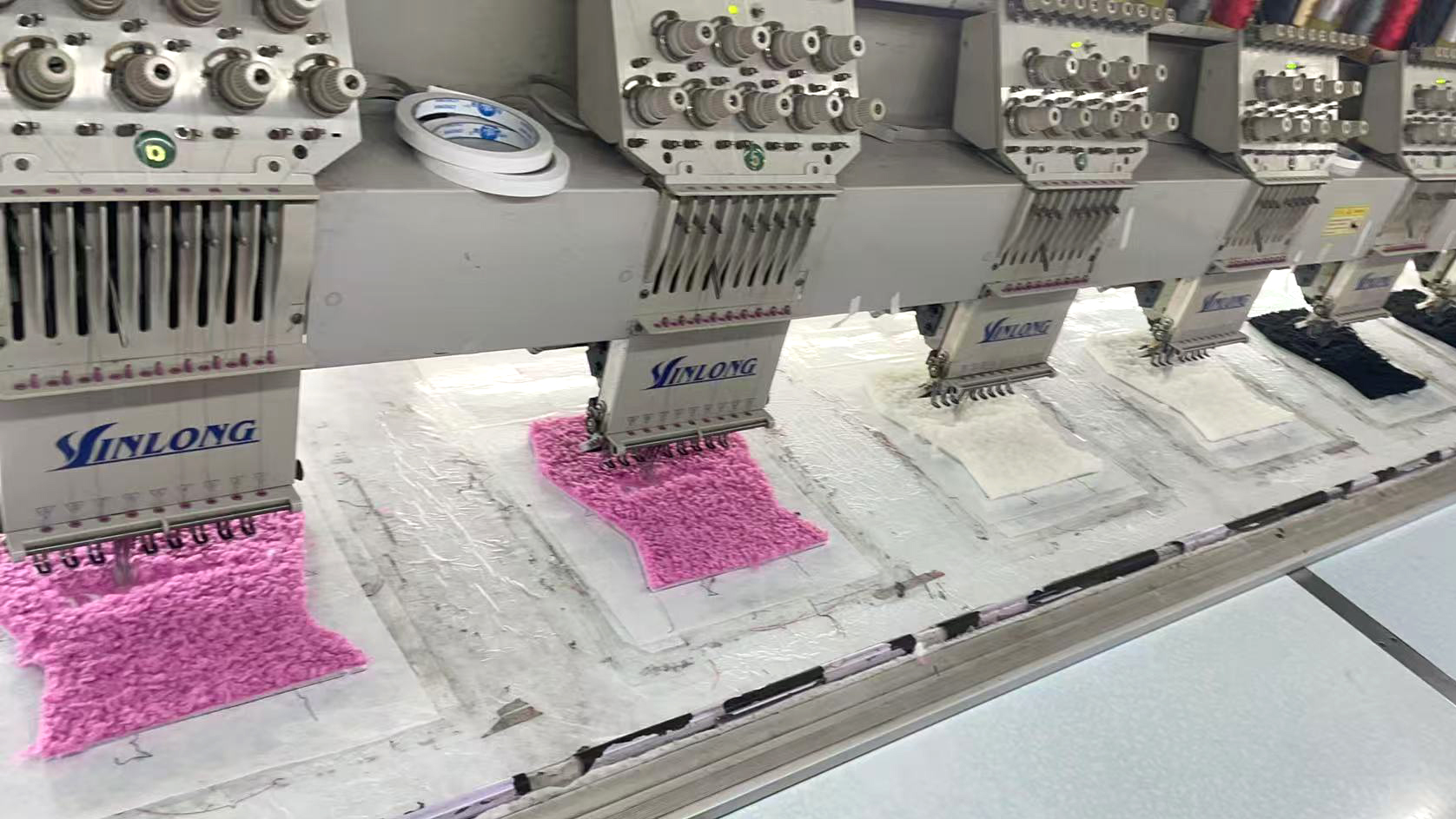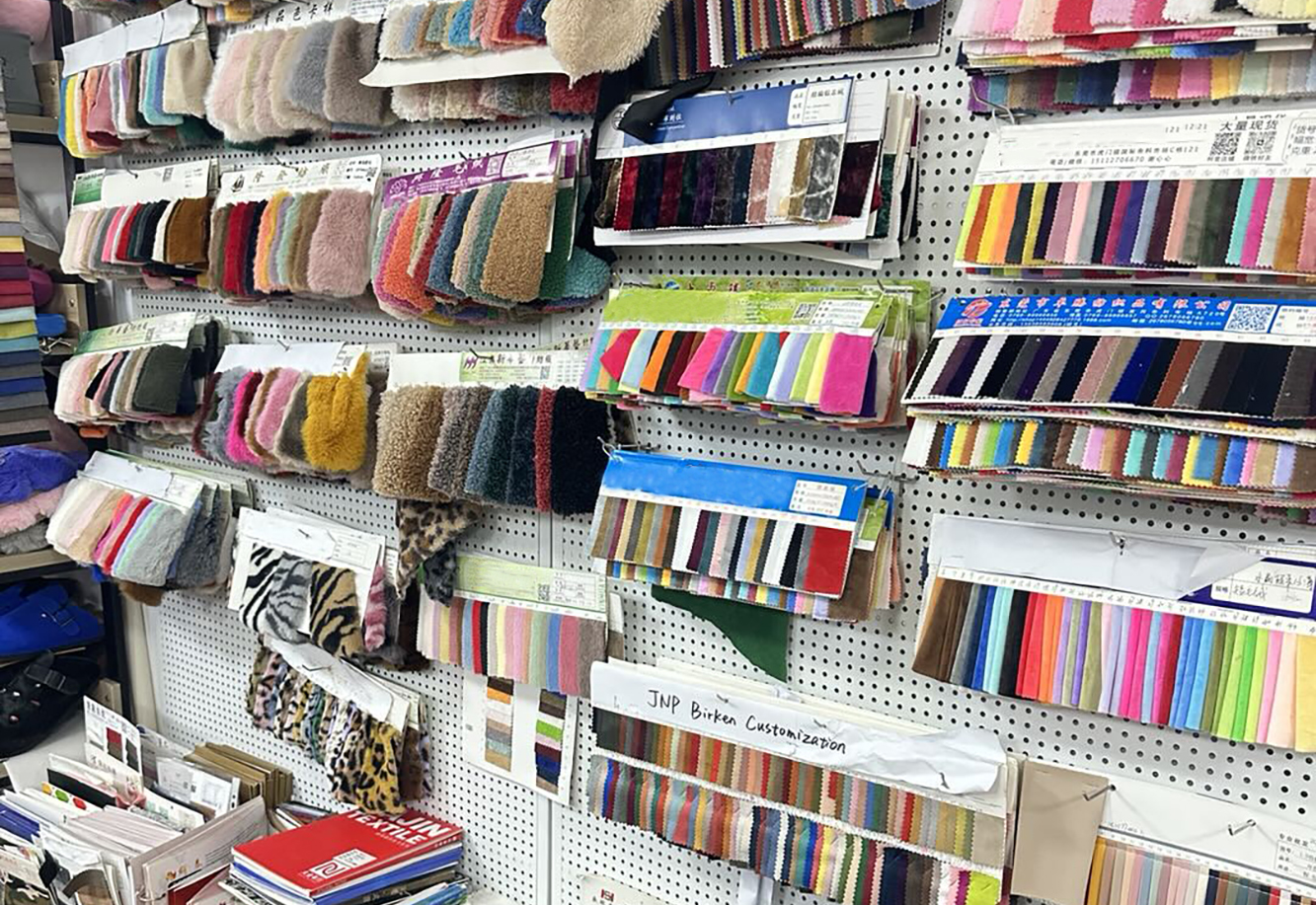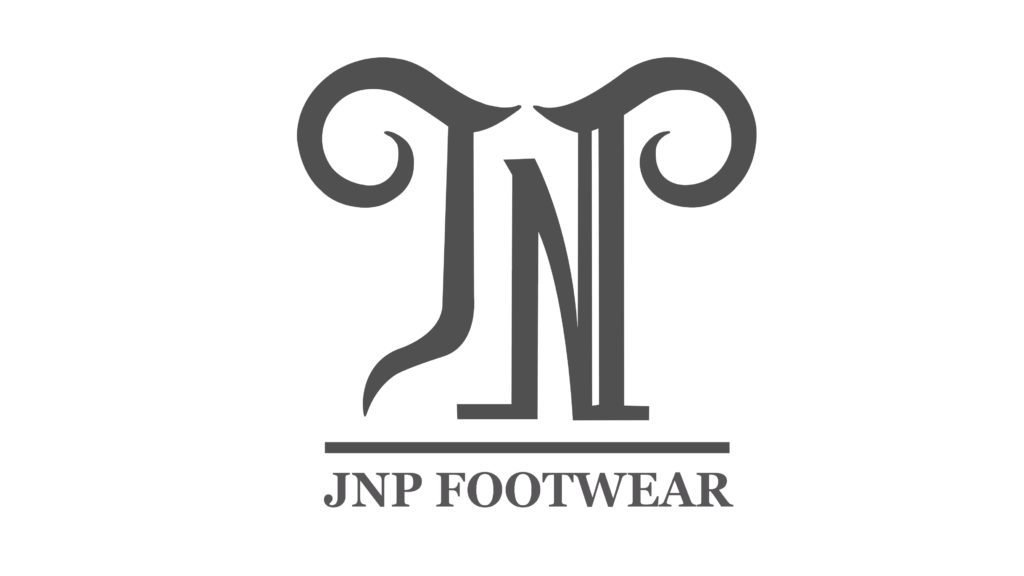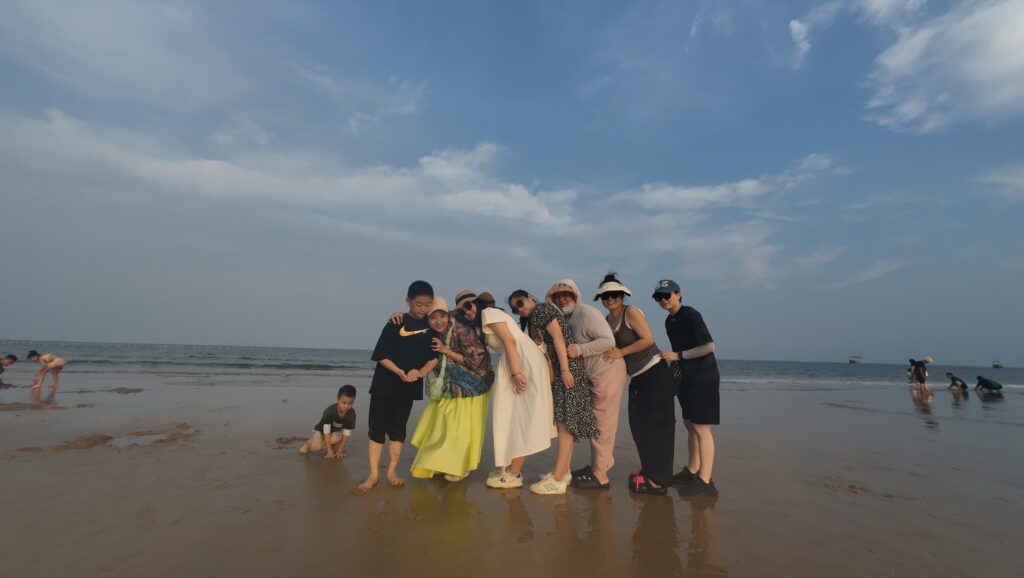Tired of suppliers who don’t get your vision, miss deadlines, or won’t do small orders?
Luxury home slippers suppliers must offer style, quality, and reliable customization services to help your brand grow—even if your orders are complex or small.

A good supplier is more than just a factory—they're your behind-the-scenes brand partner who gets your needs and handles the production work that helps you scale. That’s where we come in.
What Makes a Good Luxury Slipper Supplier?
Big factories don’t always care about small brands. But smaller suppliers often can’t handle complexity.
A good luxury slippers supplier combines stable production, customization capabilities, and flexibility for low-MOQ orders1 without compromising on style or comfort.

A few years ago, I worked with a designer brand in the U.S.—a sharp, ambitious label founded by an ex-LV and Hermès team. They needed custom indoor slippers made from eco-friendly materials2, with exacting details in colors and trims. Most suppliers they tried just couldn’t handle the level of complexity. We stepped in and made it work by coordinating with two specialized factories, one focused on sole units and another on upper construction. They’re still with us today.
What to Look for in a Supplier?
| Feature | Why It Matters |
|---|---|
| Customization Options | You’ll need logos, labels, or packaging that matches your brand. |
| Eco-Friendly Materials2 | High-end customers expect sustainability today. |
| Low MOQ1 | If you’re testing new designs or launching limited collections. |
| Communication Support | Miscommunication leads to late shipments or production errors. |
| Audit-Ready Factories3 | Many retailers now require traceability or social compliance. |
Can a Supplier Handle Complex Design and Branding Needs?
Slippers look simple—but trendy brands know that fashion is in the details.
Luxury home slippers require flexibility in materials, styles, and branding—especially for designer clients juggling many SKUs and fast-changing trends.

I’ve had clients send in mood boards with 20+ styles—fur textures, seasonal color palettes, decorative stitching, embroidery, and complex packaging specs. Our team helps break down each request by process step. We match it with the most suitable factory line, whether it’s for Birkenstock-style slides or UGG-like wool boots.
We also offer support for custom logo slippers4 that align with your branding vision.
How to Manage Complex Orders
| Challenge | Our Approach |
|---|---|
| Multiple SKUs | Separate them by material/process and allocate to different partner factories. |
| Fast Iteration | Use existing molds or shared base components for faster sampling. |
| Client Confusion | Our service team provides one-on-one follow-ups to avoid missed specs. |
| Last-Minute Changes | Use clear SOPs and backup production lines to adapt quickly. |
Are There Suppliers Willing to Do Small Orders?
Many brands struggle to find slipper suppliers who accept low MOQs.
Yes, we support low minimum order quantities, especially for brands testing new trends or entering new markets.

One of our customers is a young online brand that focuses on trendy pieces for Gen Z. They wanted to do small test runs of furry indoor slippers with brand logos for holiday campaigns. Most suppliers turned them away. We helped them launch 10 styles with just 100 pairs each, managing both production and door-to-door shipping.
How We Support Small Batches
| Support Type | Details |
|---|---|
| MOQ Flexibility1 | As low as 100–300 pairs for in-demand styles. |
| Trend Support | Suggest trending silhouettes from market reports. |
| Branding | In-house support for logo application, labels, packaging. |
| Logistics | Door-to-door shipping via our partner network. |
What If I’m Looking for Wool or Eco-Friendly Slippers?
More markets now want slippers that are both stylish and sustainable.
Our supplier network offers wool, faux wool, and recycled material options5 that meet EU and U.S. standards.

One of our long-time clients in New Zealand sells traditional wool slippers and now also runs seasonal “fashion” lines. We help them adapt wool slipper shapes with softer colors, pastel linings, and updated silhouettes. They get to keep their core identity while evolving for the next generation of customers.
Sustainable Materials We Use
| Material | Description |
|---|---|
| Wool | Natural wool sourced with eco-certification. |
| Recycled Faux Fur | Looks and feels luxurious, with less waste. |
| Cork and EVA | For insoles, flexible and light. |
| Organic Cotton | Used in linings and labels. |
Conclusion
Reliable luxury home slippers suppliers must blend style, flexibility, and service to support modern brands of all sizes.
Footnote
-
Knowing what qualifies as a low MOQ can help emerging brands choose suppliers who match their production needs. ↩ ↩ ↩
-
To ensure your materials meet required standards in the EU and U.S., understanding eco-certifications helps brands make compliant, sustainable choices. ↩ ↩
-
Audit-ready factories are critical for working with retailers that require social and ethical compliance. ↩
-
Explains how custom logo slippers are made and what options brands have for branding. ↩
-
Helps brands choose between wool, recycled faux fur, cork/EVA, and organic cotton based on sustainability and function. ↩

